I never imagined I’d trade my bustling city life for the mist-shrouded peaks of Guizhou, but here I am—10 days into a hermitage that feels like a century of serenity. It all started with a yearning to escape the digital noise, to find a place where time drips like honey and the only notifications are birdsong at dawn. Guizhou, with its reputation as China’s “cultural archipelago,” beckoned me with promises of untouched villages and whispers of ancient wisdom. As I pen this diary, the memory of crisp mountain air and the warmth of Miao hospitality still lingers, a testament to a journey that reshaped my soul.
Why Guizhou? For starters, it’s a sanctuary for the weary urbanite. Nestled in southwestern China, this province is a tapestry of emerald hills, cascading waterfalls, and ethnic enclaves where traditions haven’t just survived—they’ve thrived. Unlike tourist hotspots, Guizhou’s charm lies in its obscurity; it’s where you can sip tea with a cave-dwelling elder or lose yourself in a sea of blooming azaleas without another soul in sight. My retreat spanned 10 days in May 2024, costing roughly $800 USD including homestays, meals, and local transport. But beware: the remoteness means patchy Wi-Fi and winding roads that test your patience—worth it for the unspoiled beauty, though!
Day 1-2: Arrival and Settling into the Silence
Landing in Guiyang, Guizhou’s capital, felt like stepping into a humid embrace. The city’s nickname, “Forest City,” is no exaggeration—skyscrapers peek through lush canopies, a gentle intro to the wilds ahead. A three-hour bus ride whisked me to Xingyi, my base for the first leg. I chose a homestay run by the Zhuang family, perched on a hillside overlooking terraced fields. Mrs. Zhuang greeted me with a bowl of steaming Guizhou beef noodles—spicy, savory, and laced with fresh herbs—that instantly melted my travel fatigue. Cost? A mere $5 per night for a simple room with a view that stole my breath.
The initial shock was the silence. No honking cars, just the rustle of bamboo and distant cowbells. On Day 2, I hiked to a nearby cave dwelling I’d read about—home to an 80-year-old man whose family has lived there for eight generations. “Why move?” he chuckled, sipping homemade rice wine. “The earth shelters us better than any concrete box.” His words echoed as I sat cross-legged on a stone bench, watching swallows dart through the cavern mouth. City life felt like a distant dream, replaced by a profound calm. Pro tip: Bring a headlamp for cave visits; the paths are uneven and dimly lit.
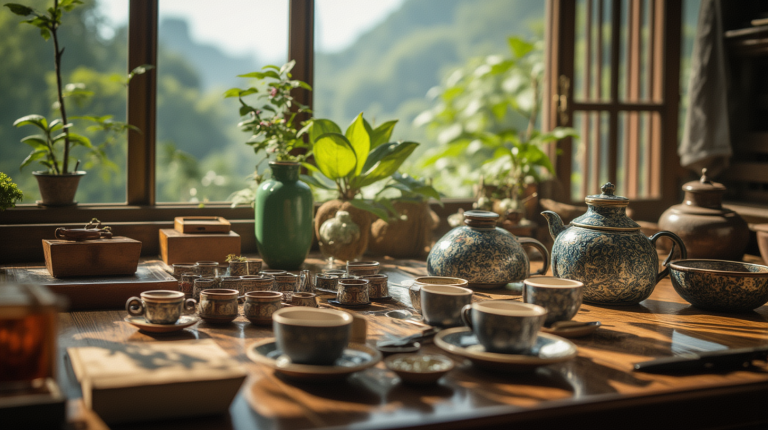
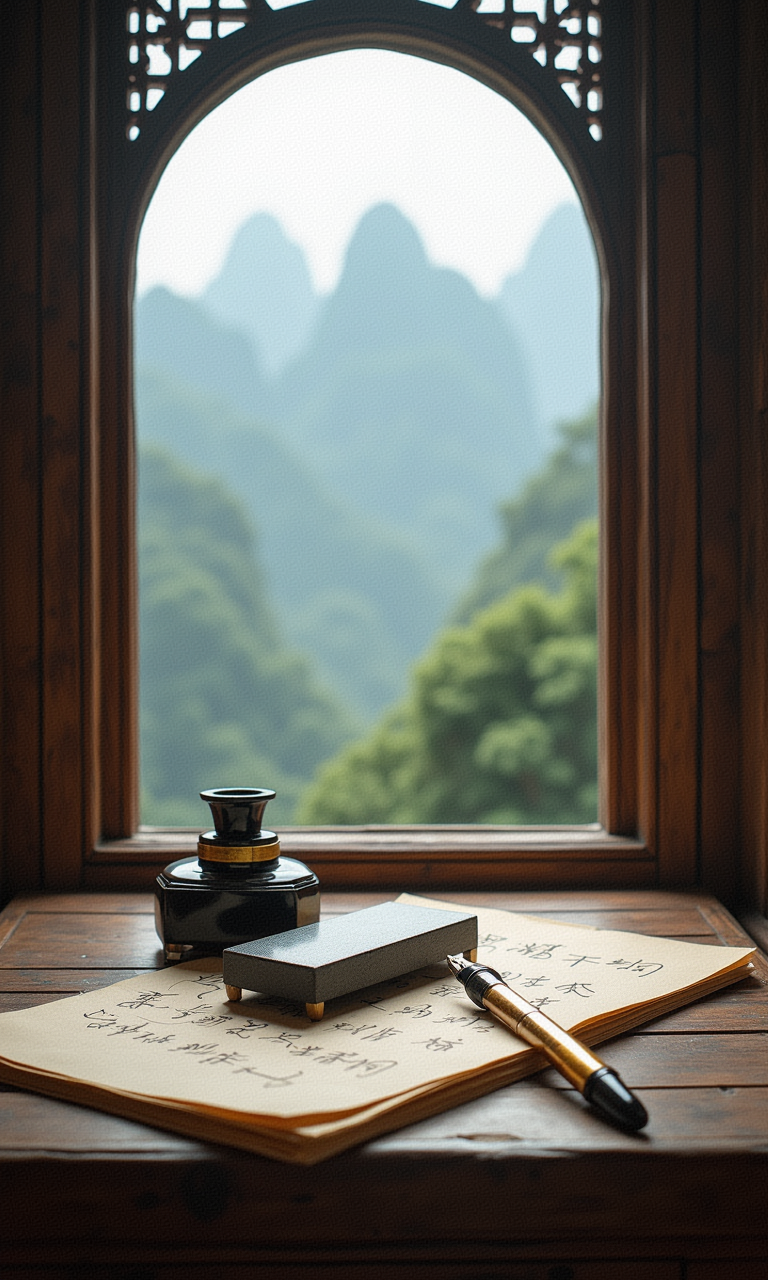
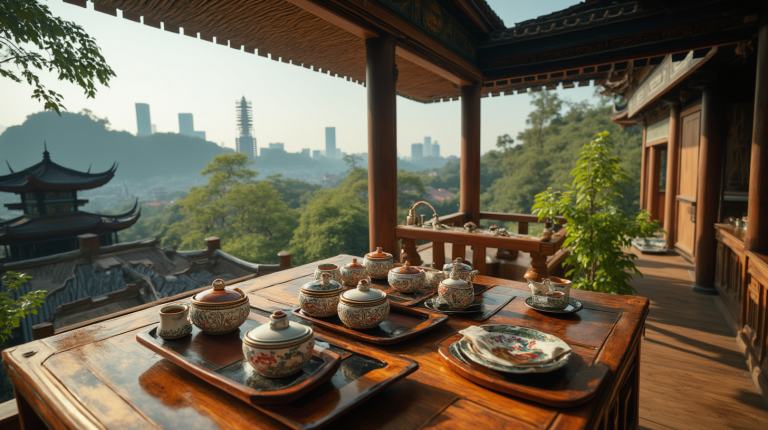
Day 3-5: Immersion in Ethnic Enclaves and Natural Wonders
Next, I ventured deeper into the highlands to Libo County, a UNESCO World Heritage site famed for its karst landscapes and vibrant minority cultures. Here, the air hummed with the melodies of Bouyei and Shui folk songs. I stayed at 匠庐·雅路古 (Jianglu Yalugu), a cave-turned-boutique hotel—yes, you read that right! Carved into a natural grotto, it blended rustic charm with luxe comforts (think rain showers and silk bedding). At $120 per night, it was a splurge, but sleeping under millennia-old stalactites? Priceless.
Day 4 was dedicated to Xiaoqikong (Small Seven Arches), a fairy-tale realm of turquoise pools and moss-draped bridges. I spent hours wading through knee-deep water, tracing the path of a lazy river flanked by primeval forest. Highlight: The 68-meter-tall waterfall that roared like a dragon’s breath. But the real magic unfolded in Qianhu Miao Village, where I joined a drum circle and learned to embroider from Granny Li. Her hands, gnarled as tree roots, wove stories into every stitch. “We don’t hide from the world,” she said, “we invite it in with open arms.” Her words stuck, a gentle rebuke to my own isolationist fantasies.
| Activity | Duration | Cost (USD) | Tips |
| Xiaoqikong visit | Half-day | $15 entry | Wear waterproof shoes—trails get slippery! |
| Miao embroidery workshop | 2 hours | $10 materials | Bargain politely at local markets for fabrics. |
| Cave hotel stay | 2 nights | $240 total | Book months ahead—it’s wildly popular. |
Food became a daily adventure. I devoured doufu fan (tofu rice) at a roadside stall, its silky texture a perfect foil for fiery chili oil, and joined a family for douchi hotpot—a fermented bean stew that warmed me to the core. One evening, I stumbled upon a “hidden” spring mentioned in ancient poetry. Sipping its icy water, I felt a kinship with Ming-dynasty hermits who’d sought solace here. My phone stayed buried in my bag; instead, I journaled by lantern light, the scratch of pen on paper a soothing rhythm.
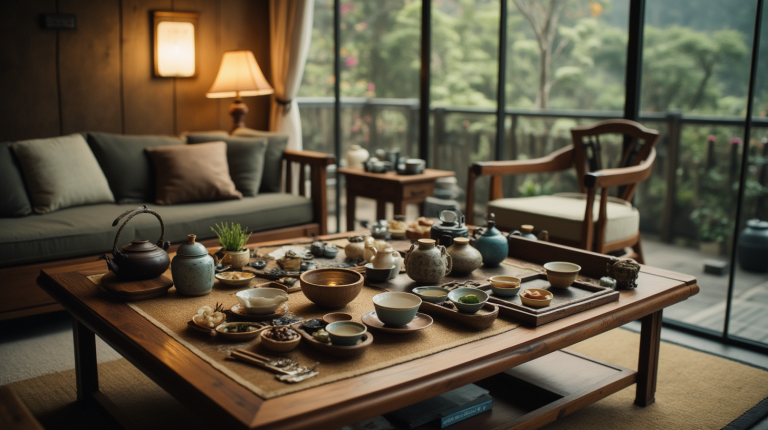
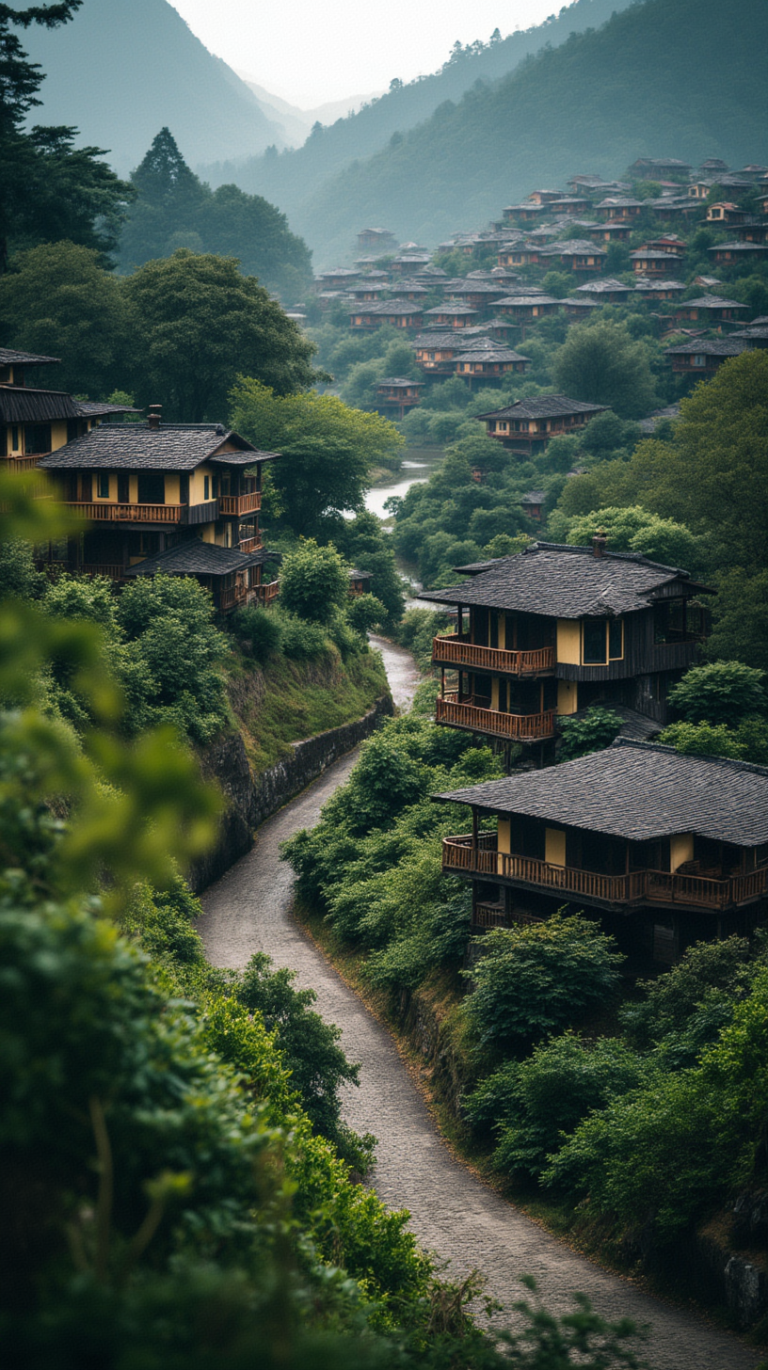
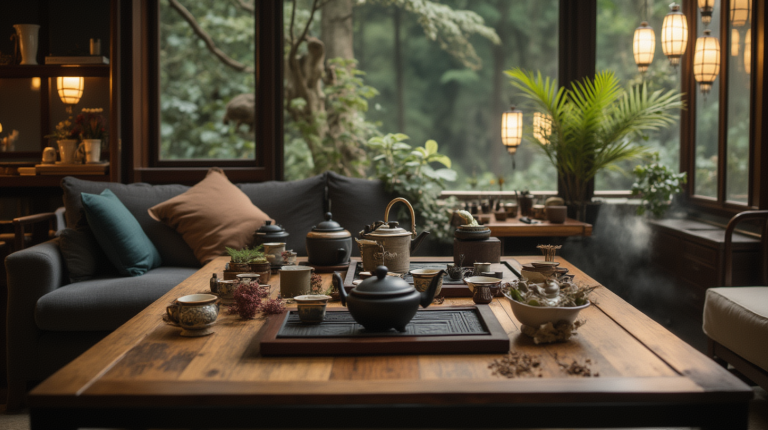
Day 6-8: Mountains, Markets, and Moments of Clarity
The heart of my retreat pulsed in Qiandongnan, the Southeast Guizhou Prefecture, a mosaic of Dong and Miao hamlets. I based myself in Kaili, a lively town where weekend markets exploded with indigo-dyed fabrics and silver jewelry. At $3 for a hearty meal, I feasted on yangyu pian (crispy potato chips) and fragrant tea brewed from wild herbs. One dawn, I joined a local hike to Leigong Mountain, its peak shrouded in clouds that parted to reveal valleys quilted with tea plantations. Breathing in the thin air, I understood why poets called these hills “the lungs of the soul.”
But solitude isn’t all bliss. On Day 7, a sudden downpour trapped me in a Dong drum tower, where I shared roasted sweet potatoes with a woodcarver. He spoke of modernization’s creep—young people leaving, traditions fading. “We’re like these mountains,” he mused. “Old, but still standing.” His resilience mirrored my own journey: the initial loneliness gave way to a deep connection with land and people. Pitfall alert: Rainy season (May-September) can disrupt plans; pack a sturdy poncho and flexible itinerary.
“In Guizhou, solitude isn’t emptiness—it’s a canvas for the heart’s truest colors.”
Evenings were for reflection. At a riverside inn, I scribbled in my diary by candlelight, the words flowing like the nearby stream. I thought of Tang-dynasty hermit Bai Juyi, who wrote: “I shake off the dust of the world, / And entrust my seal to the waves.” Here, I’d done the same—traded emails for epiphanies. One night, a spontaneous invitation led to a changtable feast (a Dong communal meal), where strangers became kin over glutinous rice wine. Laughter echoed under star-strewn skies, a reminder that hermits need not be lonely.
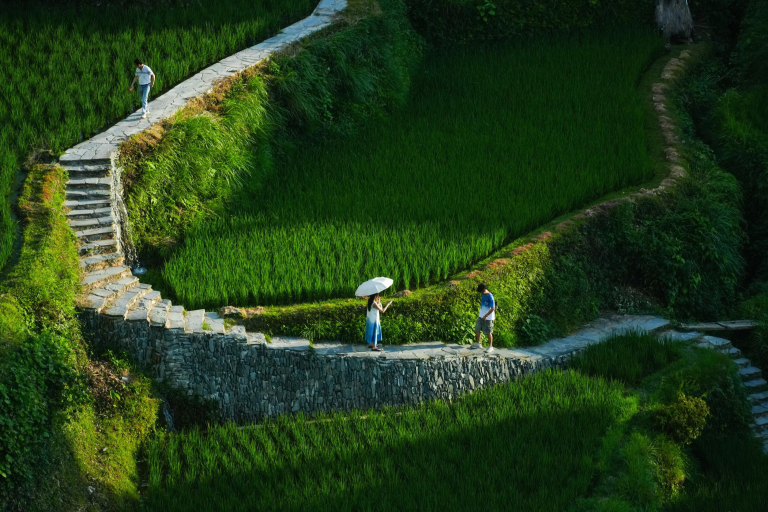
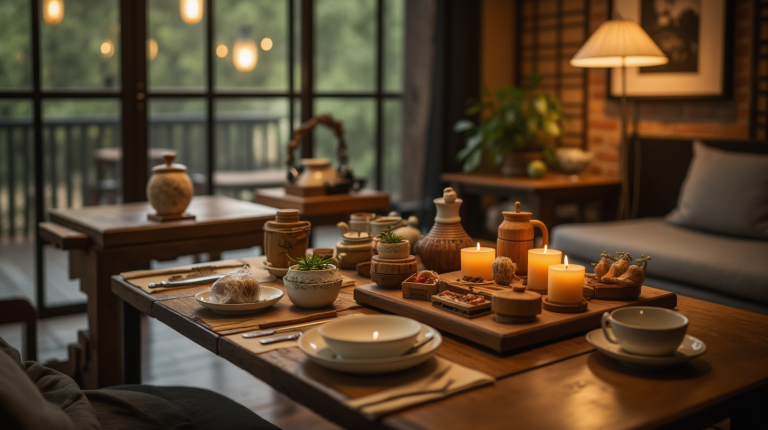
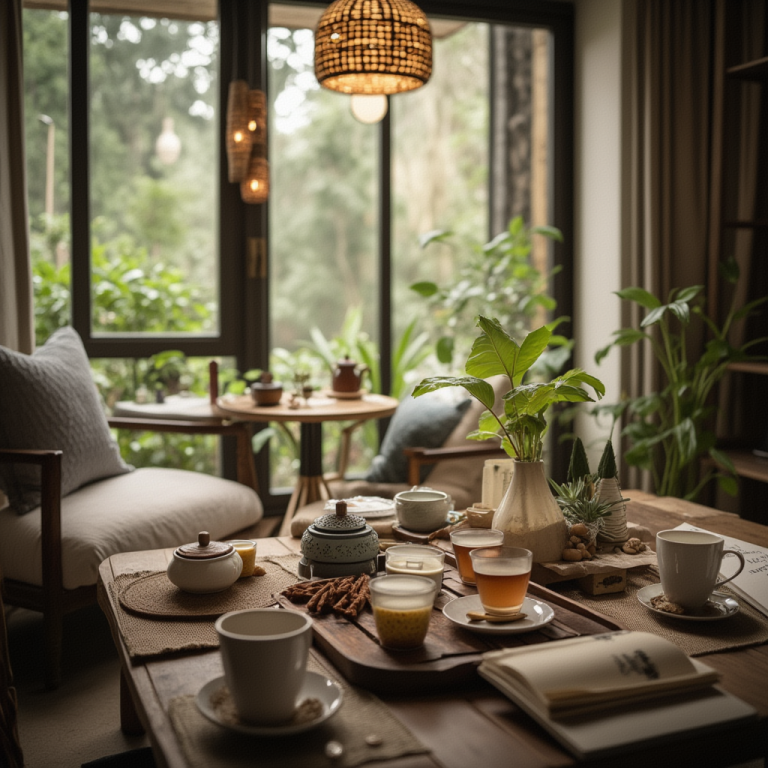
Day 9-10: Farewells and Forever Memories
My final days drifted by in Zhenyuan, an ancient town cradled by the Wuyang River. I kayaked past Qing-dynasty bridges, the water so clear I could count pebbles on the bottom. At a hillside temple, I lit incense beside a monk who’d traded stock markets for sutras. “Cities rush,” he said softly. “Mountains breathe.” His words crystallized my journey: in slowing down, I’d rediscovered my own rhythm.
Departure day dawned with a golden haze. As the bus wound back to Guiyang, I clutched a bundle of wild azaleas—a gift from my homestay host. Back in the urban hum, I craved Guizhou’s quiet like a phantom limb. But the hermit’s lesson lingered: peace isn’t a place; it’s a practice. For under $1000, I’d bought not just a trip, but a rebirth. Final advice: Go off-season (April or October) to avoid crowds, and learn basic Mandarin phrases—it opens hearts wider than any map.
- Total cost breakdown: Accommodation $300, Food $150, Transport $200, Activities $150.
- Must-try dishes: Douchi hotpot, Guizhou beef noodles, wild herb teas.
- Hidden gem: The cave springs near Libo—free and spiritually charging.
- Regret: Not staying longer. Ten days felt like a teaser for eternity.
Now, back in my apartment, I brew Guizhou tea and watch raindrops race down the window. The mountains call in my dreams, a siren song of solitude and solidarity. To any soul seeking refuge from the noise: Guizhou awaits. Pack light, but bring an open heart—you’ll leave heavier with memories.

This speaks to my soul! How did you handle the rainy season challenges? My trip’s in July and I’m nervous about those winding roads.
@MountainMama Pack anti-slip shoe covers and travel at dawn when roads are driest! Locals drivers are true mountain goats – trust their skills. Rain makes waterfalls spectacular!
That cave hotel price made me gasp! Was it worth $120/night? Debating splurging vs homestays…
@SoulWanderer 100% worth it! Sleeping under stalactites with rain shower luxury? Pure magic. Do 2 nights max though – homestays give authentic cultural immersion the rest of the time.
How bad was the wifi withdrawal? My boss requires daily check-ins ? Any villages with reliable signal?
@DigitalDetoxer Kaili town had decent signal! Buy local SIM at Guiyang airport – China Mobile works best. Pro tip: Tell your boss you’re “charging in the mountains” ?
Granny Li’s embroidery workshop! Did you bring back fabrics? Are there ethical shopping guidelines?
Just returned! That douchi hotpot cured my soul but destroyed my stomach ? Pack probiotics fellow travelers!
@ZenZara ? The fermented bean struggle is real! Pro tip: Pair it with their herbal tea – works like magic for digestion.
$800 for 10 days?! My hostel in Europe cost more! How much cash to carry? ATMs in mountains?